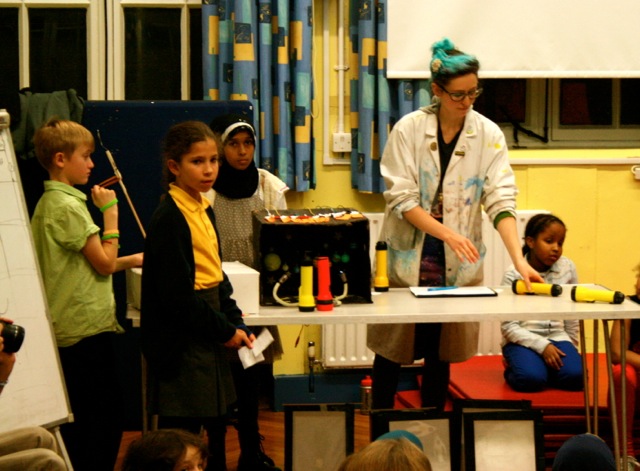England’s teachers are unhappy? Miss, Sir, join the crowd.
From the young unemployed, half of whom say they regularly feel depressed, to nurses suffering low morale in the NHS upheaval, not to mention the growing numbers of working families struggling to make ends meet, these are not happy times.
At least the teachers questioned in a National Union of Teachers survey of the profession have jobs – better than minimum wage ones at that. So why should we care if, like millions of others in these economically gloomy times, they’re finding their working lives tough?
Well, quite simply, because of the kids. They’ve barely had a mention in the press coverage – for which the NUT shares the blame. The word “children” appears only once in the first three and a half pages of their report. The message is mostly about that plunging morale, down by more than two thirds since this government came to power. (And there are the predictable complaints about pay and conditions).
But read on and you’ll see that teachers are not as selfish a bunch as the government and media sometimes make out. Acutely aware of the link between income and attainment, they are desperately worried about the impact of public sector cuts on the families they have contact with every day. More than three quarters said austerity measures were having a negative impact on some or most of the children they teach.
Then there is the question of the great “freedom” the Government says it has given teachers, heads in particular, by cutting them loose from local government red tape.
It’s one of the main justifications for the rapid expansion of the Academy programme and for the introduction of Free Schools. Both were trumpeted again today in response to the NUT’s survey. The BBC quoted a Department for Education spokesman saying the government’s policies would raise standards by giving more power to head teachers.
“Our academy and free schools programme gives schools greater freedom so that more schools are run by great heads and teachers,” he said.
Teachers don’t agree. When asked if they thought the government was taking education in the right direction, 75% of those who work in Academies said no. And only a measly nine per cent of them thought they had more autonomy than before.
That’s not surprising really when one tries to work out who actually runs the multiplying Academies. It’s a complex business whose details are probably best saved for a separate post.
But here’s one explanation for why the professionals are unhappy. Most Academies have sponsors – individuals and companies, that in exchange for a bit of cash up front, get to run a school. The company, or its board or most powerful individual, calls the shots.
Take the American business Mosaica, now running primary schools in East Sussex. It says “each Academy will be distinctive in its own right”. But at the same time, all will use the company’s trade-marked humanities and social studies curriculum. It doesn’t look as if the head teacher, freed from local government control by Education Secretary Michael Gove, will have any power over that.
Then there’s the Academies Enterprise Trust which has also trade-marked its “Improve Framework.” It’s designed by the AET “to prepare all young people to become successful and world class learners.” Laudable aims indeed but where is the head teacher’s freedom in that?
I could go on. Every Academy sponsor has a “vision” even if they haven’t yet invented an educational “programme” and registered it as their own. No wonder the teachers are a lot more suspicious about the freedom and independence they’ve allegedly been granted than the gung-ho Mr Gove.
